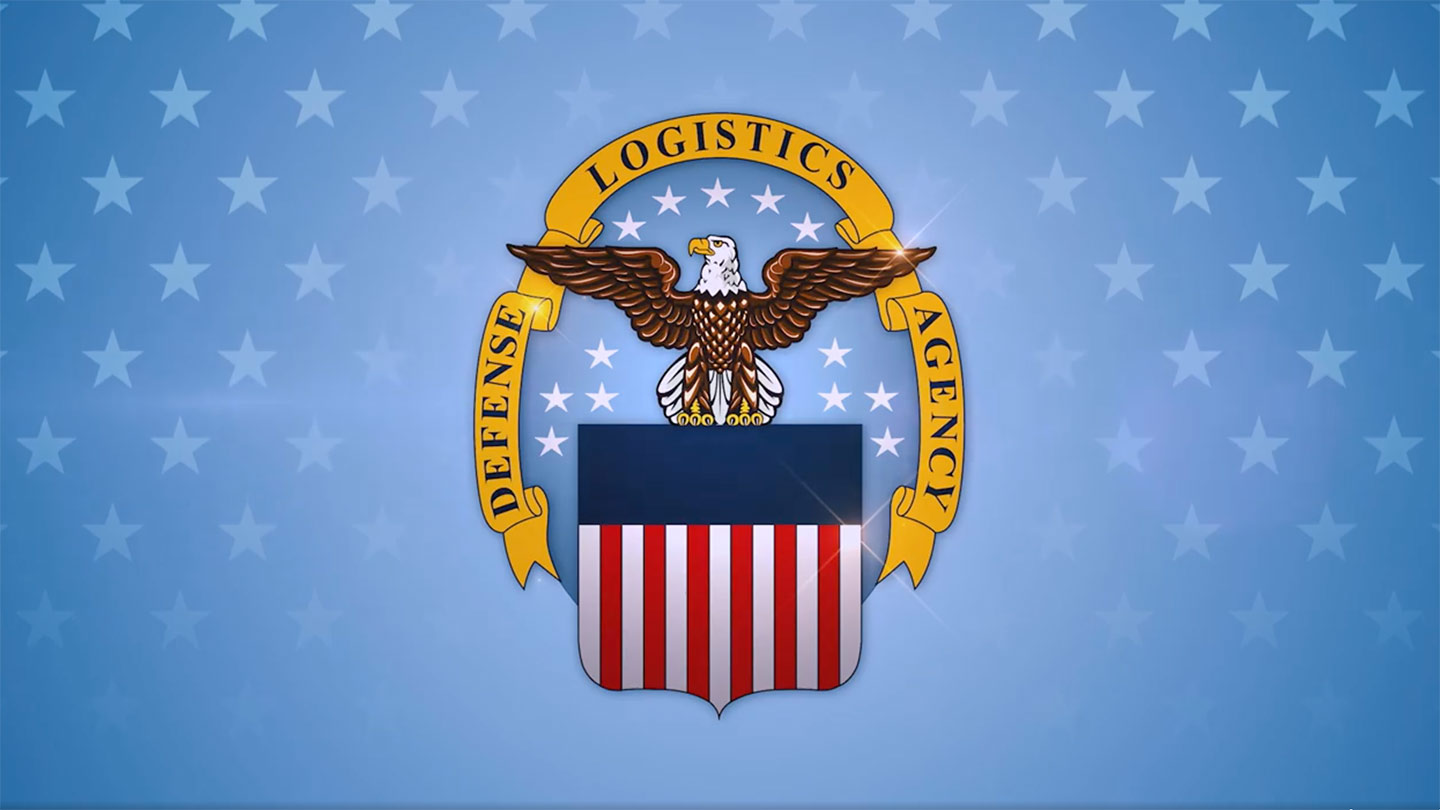Team from UAH Colleges of Science, Engineering take 2nd place in DLA Defense Data Grand Prix (Heat 3)

In a collaborative effort, a team of students from The University of Alabama in Huntsville (UAH) Colleges of Science and Engineering recently took second place in Heat 3 of a national Defense Logistics Agency (DLA) Defense Data Grand Prix competition put on by the Acquisition Innovation Research Center (AIRC). This marked the first time UAH, a part of The University of Alabama System, participated in the event.
The Data Grand Prix is a three heat, 18-month competition designed to encourage collaboration among academic teams, as well as government and corporate sponsors. The program aims to maximize interaction between sponsors and competitors, and to reward innovation and shareable findings. The competition was established to enable students the chance to tackle compelling, real-world problems with data science in semester-long competitions.
AIRC is a partnership of 22 U.S. universities established by the Department of Defense (DOD) to promote innovation and alternative disciplines from academia to better respond to rapidly changing threats and technological advances. The program is a faculty-led Applied Data Science Opportunity seeking to solve some of the most difficult data science challenges faced within government today.
The UAH team was led by faculty mentors from two UAH Colleges, Dr. Jacob Hauenstein (faculty lead) and Dr. Vineetha Menon, both from the Department of Computer Science, along with Dr. Sampson Gholston from Industrial & Systems Engineering and Engineering Management (ISEEM). The student team members included Andrew Couch, a GRA working toward an M.S. in Industrial and Systems Engineering; Marshall Rosenhoover, a Ph.D. student and GRA in Computer Science; Christian Hall, a GRA and M.S. student in Computer Science; and Aidan Lear, an undergraduate student and researcher in Computer Science.
“I am honored to work with such a wonderful group of students and faculty,” said Dr. Hauenstein. “We had a great team. They made time to meet with our contacts at DOD and asked insightful questions. They read over tons of background material and spent hours devising potential solutions to the problem we were tasked with. Obviously, there was no guarantee we would win anything. The team members were willing to take time out of their busy schedules just because it seemed like a fun data science challenge.”
In Heat 1, fall 2021, teams worked with DLA analysts to recommend ways to improve access to applicable data. Heat 2, spring 2022, focused on implementing approaches to making data accessible for analyses. And in Heat 3, the portion of the event where UAH took second place in fall 2022, competitors applied advanced data visualization techniques on findings from the defense acquisition data collected.
Competitor teams were free to participate in any or all heats, and competition divisions were established within each heat to align with government data owners/sponsor priorities. Analytical challenges investigated by the teams ran the gamut from aviation supplier predictions and manufacturing stores and materiel shortages, to balancing freedom of information with operations security and industrial capability program material identification. Submissions of findings were shared amongst all competitors to promulgate best practices and concepts in subsequent heats.
Take one real-world challenge, for example. The DLA manages over $42 billion in goods and services annually, from food and equipment to fuel and armaments. These tasks obviously generate vast amounts of data to the DLA supply-chain tracking system. In order to leverage this data through modern data science approaches, the DLA must grapple with complex system and data architectures and data governance policies. Thus, the need is great for cutting-edge applications capable of handling, optimizing and thoroughly analyzing such an enormous data stream. Competitions like the Defenses Data Grand Prix enable the agency to solicit innovative solutions to these and other data science barriers.
Problem areas investigated included Foreign Military Sales Order Processing Levels; Predicting Lead-Time Variability; Purchase Request Workload Management Tool AI Technologies; and Freedom of Information Act and Operations Security. Tackling challenges like these offer ready-made workshop-applicable tools that can be integrated with graduate courses and research seminars as well.
The two Colleges are looking forward to once again represent UAH in the Defense Data Grand Prix II, slated to begin in fall 2023.
Contact
Kristina Hendrix
256-824-6341
kristina.hendrix@uah.edu
Elizabeth Gibisch
256-824-6926
elizabeth.gibisch@uah.edu
